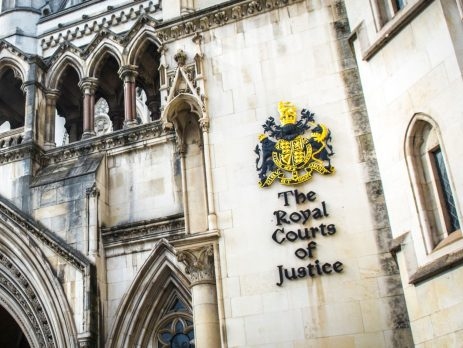The suspension will initially last 90 days but will be extended if needed. The measures are being affected to protect all private and social renters, as well as those with mortgages and licenses covered by the Protection from Eviction Act 1977 in England and Wales.
The introduction of this decision coincides with the notice period of Section 8 and Section 21 notices and notices to quit being increased to 3 months. There is nothing to stop a landlord serving the notice at present, however, the landlord will have to wait 3 months before they can start proceedings. As this ban is in place for 90 days, if a notice is served in the next two weeks, it will fall under the ban for new proceedings. This means a landlord will have to wait a little longer before their possession proceedings are considered at the court if they need to evict a tenant.
It is unclear as to whether the introduction of this decision will suspend current warrants and High Court writs. What is clear is that this goes beyond the Government’s limited extension of the required notice period for some types of tenancy. The types of tenancy this includes are:
- Mortgage possession claims against homeowners.
- All tenancies, including contractual tenancies and non-secure council tenancies of temporary accommodation.
- Licences not excluded from the Protection from Eviction Act 1977 (including property guardians, those in Section 193 Housing Act 1996 temporary accommodation under a licence, and some employment related accommodation).
- Those whose occupation is excluded from statutory protection or the Protection from Eviction Act. An example of those would be lodgers, homeless applicants housed under Section 188 Housing Act 1996 and some people where accommodation is part of their employment.
The Government reiterate that they have put specific measure in place in an attempt to minimise the amount of rent arrears. The Government state that they are:
- Working with the Master of Rolls to strengthen the pre-action protocol requirement and extend this to the private rented sector
- Making £500 million available to fund households experiencing financial hardship.
- Paying up to 80% of workers’ wages as part of the worker support package
- Increasing Universal Credit and Housing Benefit as well as arranging for Local Housing Allowance rates to pay for a minimum of 30% of market rents in each area as of April.





